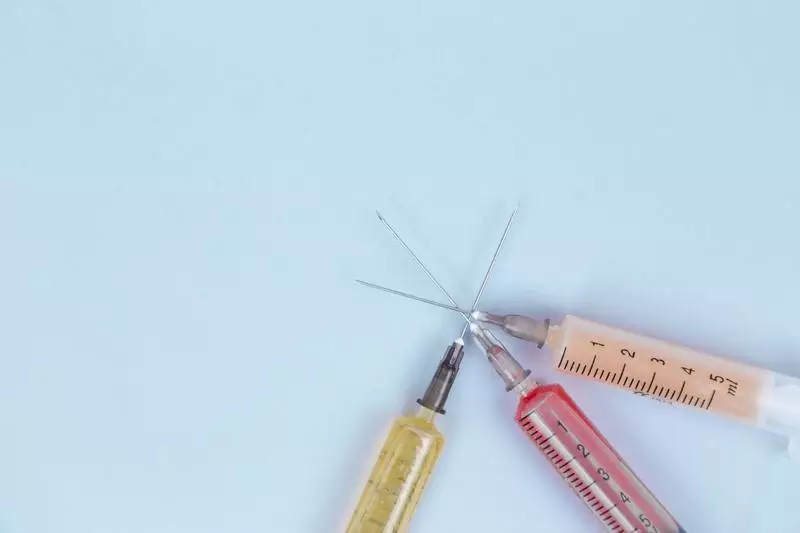A dirty needle infection is not uncommon for those who share needles. This often happens when a person is using a needle to get high, sometimes within a group of people. Unfortunately, any sharing of needles, and even the potential of just using a dirty needle you’ve used previously, can create a high risk of illness both with immediate infections and with blood infections. If you are using drugs through needles and need help, seeking treatment may be essential to protecting your life.
Diseases Caused by Dirty Needles
Dirty needle infectioncan occur due to germs, viruses, and bacteria being passed from one person to another when the same needle is used between people. Ablood infection from dirty needlescould include life-threatening conditions such as:
- HIV/AIDs
- Hepatitis B
- Hepatitis C
- Bacteria that can cause heart infections called endocarditis
In addition to this, if a person has a virus or disease and shares a needle with another person, there is a high risk of that disease transferring from one person to the next. It is never safe to share a needle even if you know the person is healthy or believe that the needle has been cleaned.
How Does aBlood Infection from Dirty NeedlesHappen?
Intravenous drug use is not uncommon in people who have a substance use disorder. Having the drugs delivered directly to the vein rather than through ingestion that travels through the digestive system will increase the potency and the delivery time of those drugs. IV injections like this also create a higher risk for dependency.
However, when a needle is not sterilized, any type of contaminants on it can be directly injected into the vein of a person using that needle. This could include bacteria and viruses from the environment if the needle touched some surface.
The higher risk for adirty needle infectioncomes from a person with one of the diseases listed above injecting themselves with drugs and then another person injecting with the same needle. This allows for blood particles, including the microscopic elements of those diseases, to transfer into the bloodstream of the other individual.
The infection-causing bacteria easily reaches the blood vessels at this point. That allows it to spread rapidly throughout the body, including deep into tissues, veins, and the vascular tissues surrounding the area. Even individuals who do not inject directly into a vein are still at risk for these complications, as well as pustules, abscesses, and blisters, which carry their own risk for disease.
Needle Infection Symptoms
Recognizing needle infection systems is critical to getting help soon enough. Sometimes this is hard to do since some diseases can hide in the bloodstream for a long time. If you notice any of the following symptoms, it could be brought on by thediseases caused by dirty needles.
- Areas that are warm to the touch
- Redness at the injection site
- Areas of discoloration and swelling at the injection site
- Swelling of the lymph nodes
- Fevers
- Sweating
- Violent illness that suddenly comes on
Also, note that some people may become ill over time, especially with conditions such as AIDS/HIV and hepatitis. Sometimes the symptoms of these conditions do not develop for a long time, and at that time, the condition is worse.
Don’t continue to use needles, especially when sharing with other people. If you have a disease like this, you could give it to another person.
How to Get Help for Addiction
If you are worried about a dirty needle infection, it may be because you or a loved one are facing the continued use of drugs. The only way to reduce your risk of not suffering this type of fate is to work with a local admissions counselor to get help for substance use disorder. Contact our admissions team at (866) 971-5531 to discuss your options.

